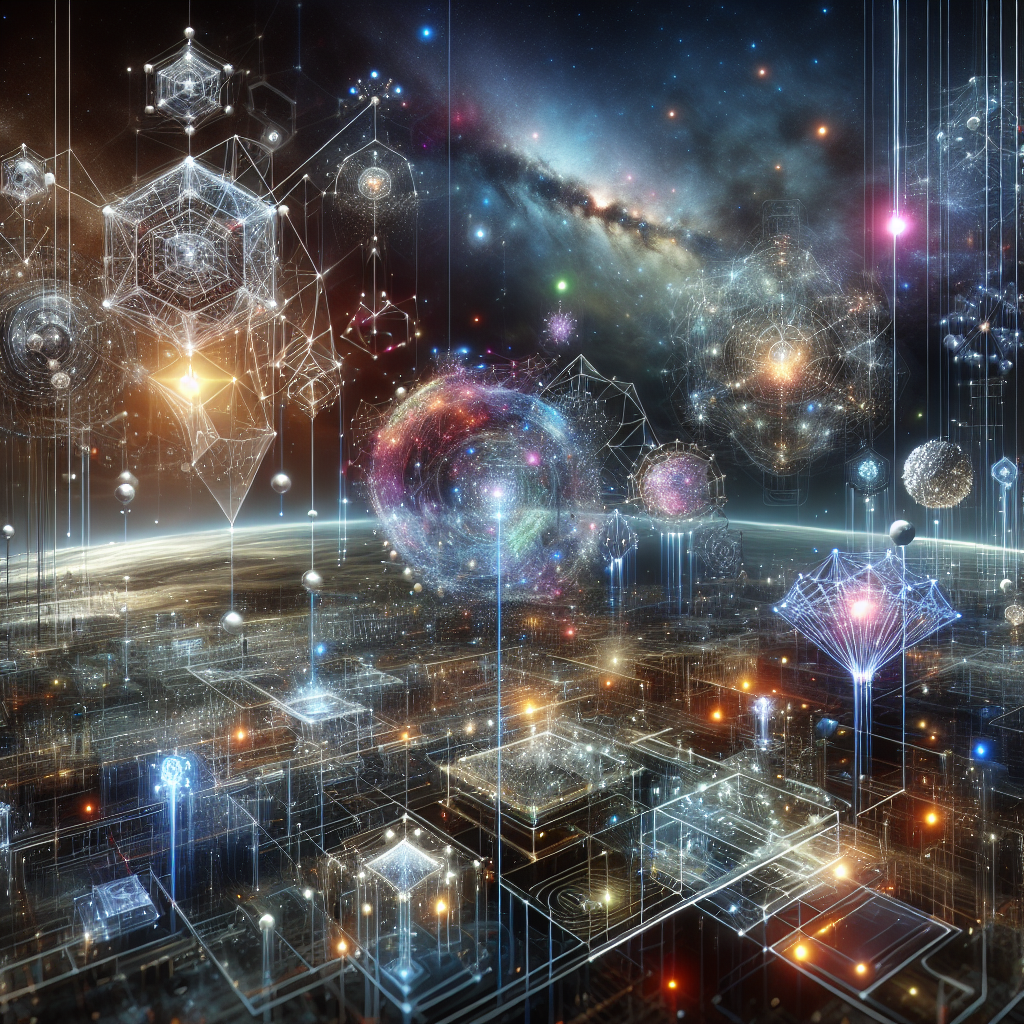AI: The Thrilling Frontier of Human Ingenuity and Technology
In an ever-evolving technological landscape, Artificial Intelligence (AI) stands out not merely as another advancement but as a pivotal shift, reminiscent of the inception of computing itself. As we delve into the implications and potential of AI, it's imperative to recognize its transformative power, which, like a cosmic wave, is set to redefine our interactions, our work, and perhaps the fabric of society itself. Unlike transient tech trends, AI offers a foundational upheaval—akin to the switch from abacuses to laptops—in how we perceive and interact with the cosmos of data and digital interaction.
AI as a Paradigm Shift
Consider AI not as a mere upgrade to existing technologies but as a revolution on par with the creation of the internet or the mobile phone. Each technological leap in history didn't just add to our capabilities; it redefined them. With AI, we are looking at a similar transformation. Just as the introduction of the web enabled new forms of communication and business, AI promises to unleash a new era of innovation. It is less about incremental change and more about rethinking what is possible.
The Evolutionary Perspective
On the grand scale of cosmic history, placing AI might seem audacious, yet it's a compelling frame to understand its potential impact. Imagine the timeline of human evolution accelerated into decades or a century—AI might well be seen as a leap similar to the development of agriculture or the industrial revolution in its ability to redefine human capacity and society.
Managing AI's Trajectory
Despite the exhilarating prospects, the journey towards an AI-dominated future is fraught with complexities. The fear that AI might suddenly leap from benign tool to omnipotent force overnight is a cinematic fantasy rather than a likely reality. The evolution of AI is bound by physical, ethical, and societal constraints, ensuring a more gradual integration into our lives. This provides us a buffer—to understand, adapt, and influence the development of AI responsibly.
Decoupling Intelligence from Consciousness
One of the most profound shifts in thinking about AI is the separation of intelligence from consciousness. Traditional views tie these concepts closely with life—suggesting that true intelligence necessitates a form of consciousness or life as we understand it. However, AI challenges this notion, presenting a form of intelligence that is functional, utilitarian, and distinctly non-human. This conceptual leap not only widens the scope of what AI can do but also redefines the essence of problem-solving and creativity.
AI and Humanity: Complement or Conflict?
The trajectory of AI development prompts a necessary debate on its role vis-à-vis humanity. Is AI a mere tool, destined to remain under human control, or does it represent a potential rival? Current trends suggest the former, with AI acting as a powerful, albeit inert, tool that enhances human capabilities rather than replacing them. This synergy, where AI complements human effort rather than supplants it, could lead to unprecedented levels of productivity and creativity. However, vigilance is key. As AI evolves, continuous assessment and recalibration of this relationship will be crucial to harness its benefits while mitigating risks.
The Grand Narrative of AI
AI’s ascendancy could be likened to a new chapter in the story of humanity, a narrative not just about technological evolution but also about confronting and re-evaluating our place in the universe. As history has shown, humanity's perceived uniqueness has often been challenged—be it Copernicus displacing Earth from the center of the universe or Darwin’s theories of evolution. AI could be the next great humbler, prompting us to question the uniqueness of human intelligence.
In the broader schema of history, integrating AI into our societal fabric might yet be seen as one of the defining challenges of our times. Engaging with AI, shaping its development, and integrating it into our societal framework are not just technological challenges—they are profoundly cultural, ethical, and philosophical undertakings.
In conclusion, as we stand on the brink of this AI-driven era, it is not only the technology that we must manage but also our expectations and fears about it. The future isn't just happening to us—we are shaping it, with every code we write and every application we innovate. With thoughtful stewardship, the age of AI could well be remembered as a golden epoch in the annals of human ingenuity and progress.
For further reading on AI and its impact on society, visit MIT Technology Review's AI section and Stanford University's Human-Centered AI Institute.
Related News
- The Evolution and Potential Perils of Artificial Intelligence
- The Evolution of AI: A Journey from Prediction to Reality
- The Tipping Point: Navigating the Uncharted Waters of Advanced AI
- Navigating the AI Tsunami: A Deep Dive into the Currents Shaping Our Digital Future
- Riding the Avalanche: The Exponential Yet Messy Future of AI
